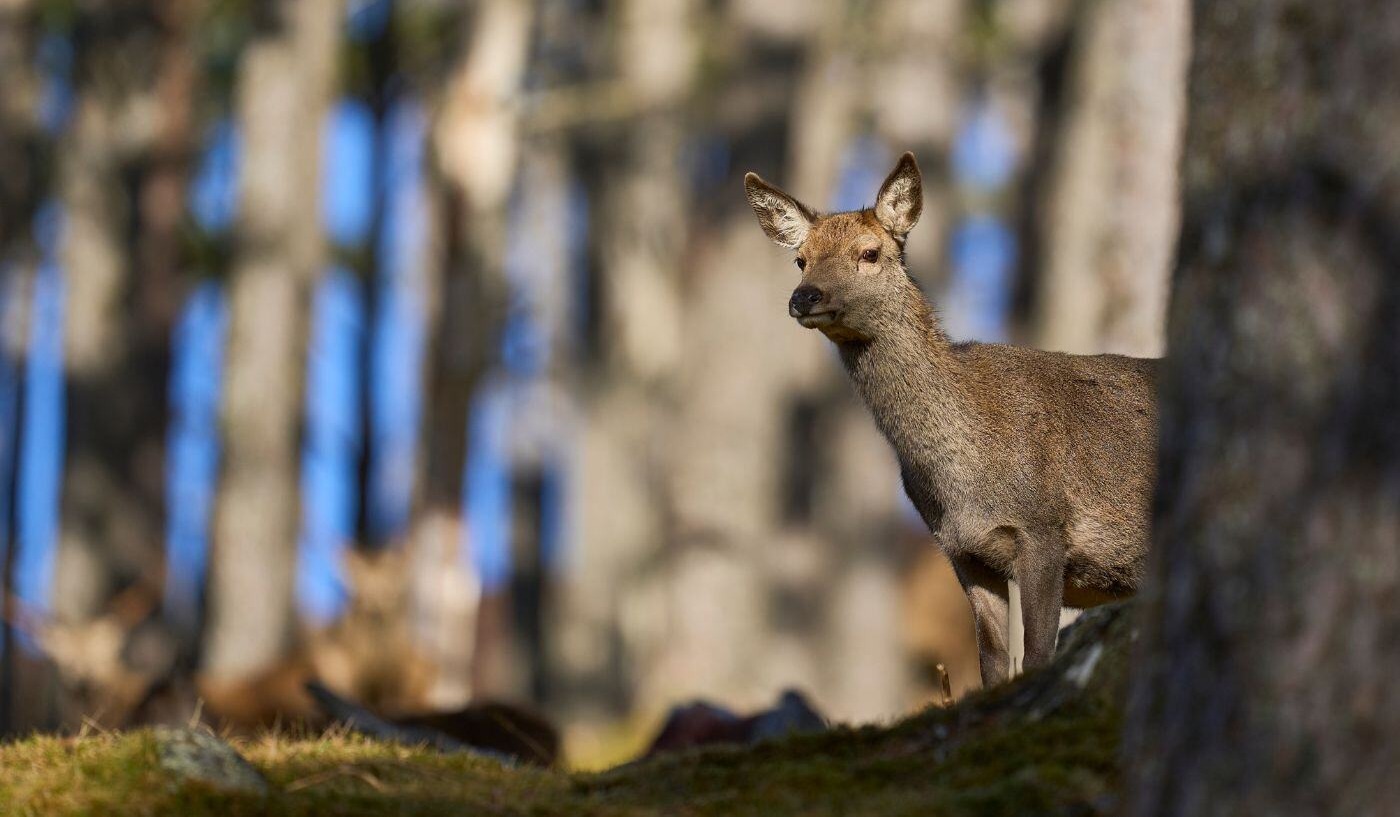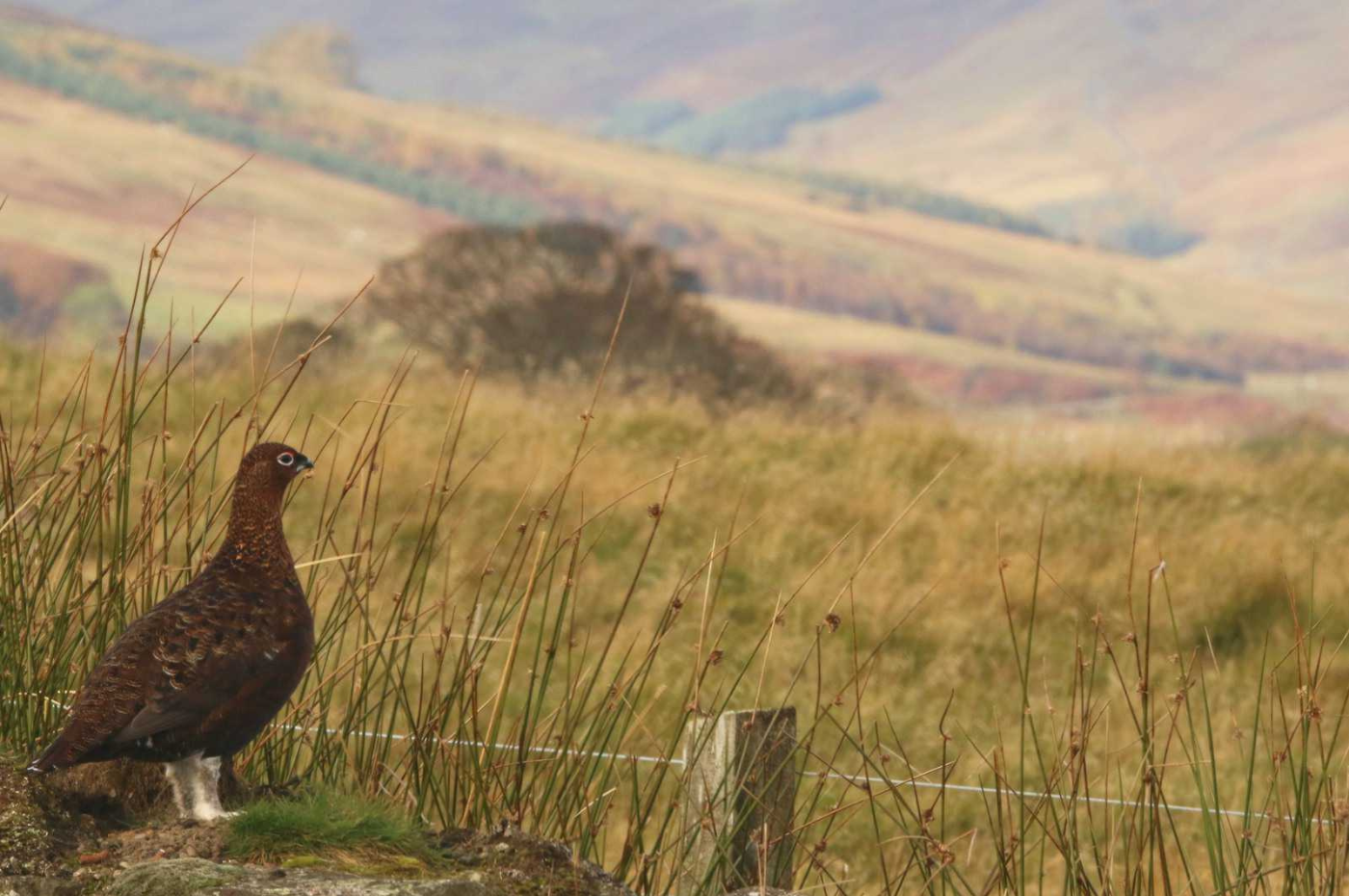"Not nearly far enough": Holyrood's partial U-turn on sporting rates relief
Following criticism from rural groups, Holyrood has U-turned on its decision to...
View Details
As part of efforts to reach Net Zero by 2045, First Minister John Swinney has refused to rule out whether the government will suggest that the public should cut down the amount of red meat they eat. In the current climate, where farmers and rural landowners are being hit with increased taxation and legislation, Mr Swinney should be wary of creating further uncertainty for livestock farmers. His lack of comment has raised more questions than answers.
Russell Findlay, leader of the Scottish Conservatives, when discussing the Climate Change Committee’s new report, asked the First Minister:
“To meet the Scottish National Party’s net zero target, the number of cattle and sheep in Scotland would need to fall by 2 million—meaning a cull of 2 million animals in the next decade—which is around 25 per cent. That would drive farmers out of business, destroy the rural economy and put our food security at risk. The report says that Scots would need to eat one third less meat. Will John Swinney rule out going ahead with that specific plan?”
Unfortunately, this query was deflected in the chamber and no reassurances were forthcoming for farmers.
This is not the first time, and regrettably won’t be the last time livestock farmers are in the spotlight when it comes to the topic of climate change and agricultural emissions. In 2022 a petition was submitted calling for a meat production ban by 2040. At the time, the Citizen Participation and Public Petitions committee closed the petition, citing:
“The UK Climate Change Committee recommends a reduction of meat consumption, rather than a ban on production, the Scottish Government’s Climate Change Plan Update sets out a plan for a 24% reduction in overall emissions from the agriculture category by 2032, banning meat production may have negative environmental and economic consequences, and the Scottish Government has stated that it continues to actively promote the consumption of fresh, local and seasonal produce.”
Even a reduction of 25% in livestock, as Mr Findlay reported, would be devastating to the agricultural sector and cause untold damage to rural communities up and down the country.
The Farm Advisory Service (FAS) in their June policy brief further outlined that:
“To achieve a 48% reduction in emissions by 2035, cattle and sheep numbers should drop 26 per cent by 2035 and by 36 per cent by 2045, with average meat (especially beef and lamb) consumption down 20 per cent by 2035 and 30 per cent by 2045.”
With these changes to agricultural policy, it would enable farmers and land managers to diversify into more green options, such as woodland creation, peatland restoration, agroforestry, and renewable energy. However, these options generally have very long payback periods, so considerable government incentives need to be provided to account for these operational changes.
Furthermore, this suggestion is completely at odds with a recent report from Quality Meat Scotland (QMS), suggesting that beef farmers need to increase the size of their herds by 2 cows per year over 5 years to meet the consumer demand for beef.
The Scottish Countryside Alliance (SCA) has always believed that the public should be encouraged to eat a varied diet of locally produced food, taking into consideration seasonal variations and food miles. The SCA advocates for eating plentiful wild foods such as venison and game, and supports our farmers by encouraging people to eat the delicious beef, lamb, pork, and other products produced by farmers in Scotland and the UK.

Following criticism from rural groups, Holyrood has U-turned on its decision to...
View Details.png)
The Shooting Community Cares Campaign is a national winter clothing donation...
View Details
Holyrood has been criticised by rural groups for unfairly stripping shoots and...
View Details